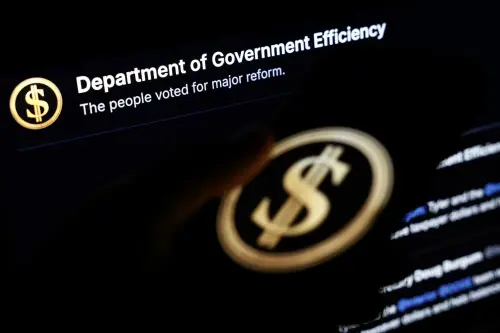This week, on June 4 and 5, Brookings hosts two public events, both of which will be webcast live, on the National Security Agency debate one year after Edward Snowden’s NSA revelations.
In Part One: The International Implications, on June 4, the Center for 21st Century Security and Intelligence hosts two panel discussions to explore the continued effects of Snowden’s disclosures. The first panel will address the regional reactions to the NSA revelations and what, if any, repercussions they may have for American diplomacy, soft power and trust. The second panel discussion will focus on how the leaks have influenced Internet governance, trade and the intelligence community and what those consequences may mean for the future international order. Brookings Senior Fellow Peter W. Singer will moderate both sessions.
In Part Two: The Future of U.S. Surveillance Authorities, on June 5 (the anniversary of the Snowden disclosures), Governance Studies at Brookings will hold a debate on the future of U.S. intelligence collection authorities. The resolution is “U.S. surveillance authorities require fundamental reform.” Arguing in favor are Jameel Jaffer of the ACLU and Julian Sanchez of the CATO Institute. Arguing in opposition are John “Chris” Inglis, former NSA deputy director, and Carrie Cordero, director of national security studies at Georgetown Law. Brookings Senior Fellow Benjamin Wittes will moderate the event.
![]() Join the conversation on Twitter using #NSALeaks
Join the conversation on Twitter using #NSALeaks
The event series is also part of an ongoing research agenda that examines the domestic and international dimensions of how new technology, security and privacy intersect.
The Brookings Institution is committed to quality, independence, and impact.
We are supported by a diverse array of funders. In line with our values and policies, each Brookings publication represents the sole views of its author(s).




Commentary
Brookings to Host Two Events on the NSA Debate, One Year After Snowden Leaks
June 3, 2014